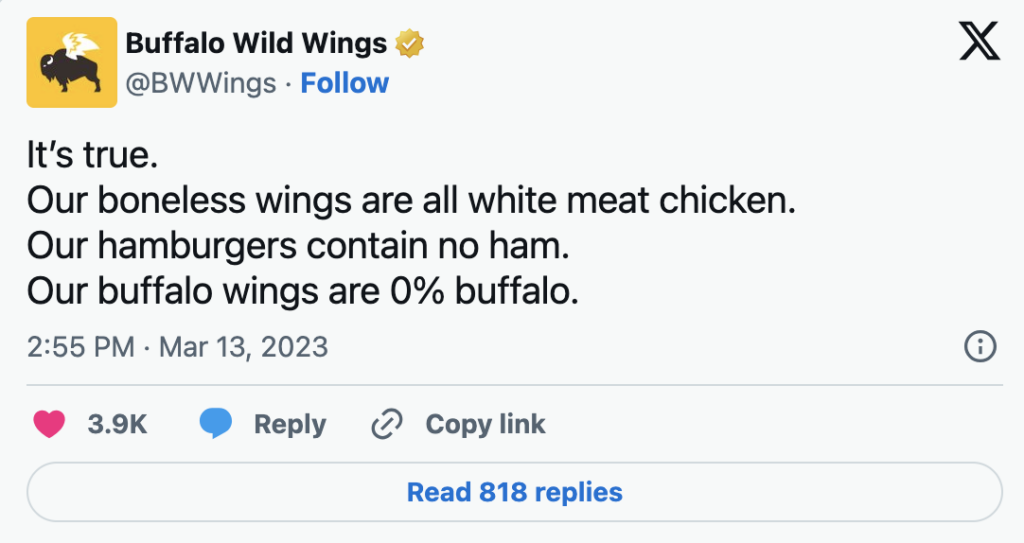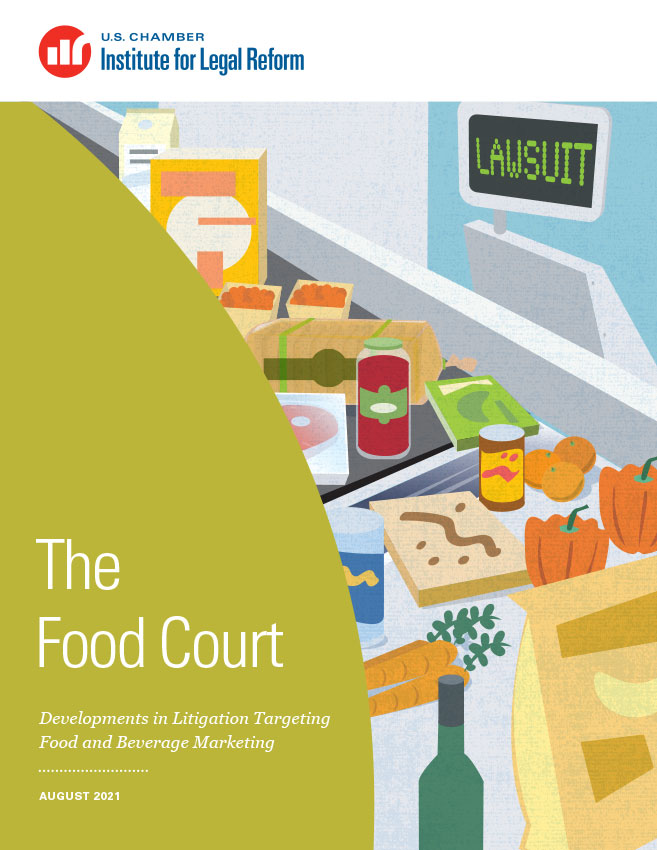In the world of litigation, truth is often stranger than fiction. And when it comes to food, our society has a knack for generating some of the craziest legal disputes. In 2023, the courts have been serving up a buffet of bizarre food-related lawsuits that have left us both baffled and amused. Let’s take a bite out of the weirdest cases clogging our legal system this year.
1. Whoppers Too Small? Burger King Faces Shrinkage Scandal
Remember the good old days when you could count on a massive Whopper to satisfy your hunger? Apparently, some folks don’t, and they’ve taken the matter to court! Burger King found itself in the midst of a lawsuit claiming their Whoppers had mysteriously shrunk. While we all know that our appetites can expand, this is next level. While it may seem like a microscopic problem to some, plaintiffs have put Burger King in quite a pickle.
2. Taco Bell in a Crunch Over Allegedly Misrepresented Meat
Taco Bell, the fast-food giant known for its late-night cravings and affordable delights, was slapped with a lawsuit over their meaty fillings. A group of plaintiffs alleged false advertising, accusing Taco Bell of not using enough beef in their beloved tacos. Who knew you could have beef with a beef taco!
3. “The Texas Pete Isn’t From Texas” Case Fizzles Out
The Texas Pete hot sauce is a staple in many American homes, but not everyone is happy about the name. One disgruntled consumer claims they paid more for the product because they assumed it was produced in Texas. When they learned the product was actually made in North Carolina, they filed a lawsuit. In an unexpected twist, the plaintiffs’ lawyers filed a motion to drop the case. Who knew geography could be such a spicy issue? Looks like this lawsuit went from ‘hot’ to ‘not’ in no time!
4. Subway’s Mystery Tuna Isn’t So Mysterious
A class-action lawsuit claimed that Subway’s tuna contains no actual tuna. Even though the lawsuit was ultimately permanently dismissed, Subway was left to deal with the bad publicity. They even launched a website, www.subwaytunafacts.com, in response to the lawsuit.
5. Boneless Wings Under Fire at Buffalo Wild Wings
Buffalo Wild Wings is famous for its sports bar atmosphere and delicious wings. But in 2023, they faced a lawsuit challenging the authenticity of their “boneless wings.” The plaintiffs argued that boneless wings aren’t actually made from deboned chicken wings. Buffalo Wild Wings clapped back on social media, adding, “Our hamburgers contain no ham. Our buffalo wings are 0% buffalo.”

6. The Velveeta Cheese Class-Action Conundrum
When it comes to mac and cheese, Velveeta has a unique place in the hearts of many. But not everyone was satisfied, particularly with the advertised microwave cook time, leading to a $5 million class-action lawsuit. The plaintiff claimed that it takes longer than three-and-a-half minutes to prepare even though its packaging states “ready in 3½ minutes.” Since the Florida resident suffered no actual injury, the lawsuit was tossed.
This year’s array of ridiculous food-related lawsuits, as we’ve explored, paints a scary picture of the legal world’s intersection with our culinary cravings. Unfortunately, such cases are part of a broader troubling trend, as described in the “Food Court: Developments in Litigation Targeting Food and Beverage Marketing” report. This increase in food-related litigation highlights the shifting landscape of consumer protection and advertising claims, serving as a stark reminder that the courtroom has unexpectedly become a battleground for food and beverage marketers.
The research, published in 2021, found that food-related lawsuits have increased by 52 percent since 2017, and for every case dismissed by a judge, about ten are settled by the company because it’s faster and less expensive than fighting in court.
While these cases may not end up as Hollywood blockbusters or courtroom dramas, they do shed light on the unpredictable environment of food-related lawsuits. Whether you find these lawsuits entertaining or just plain ridiculous, they certainly add a dash of flavor to the world of food-related legal disputes in 2023.



